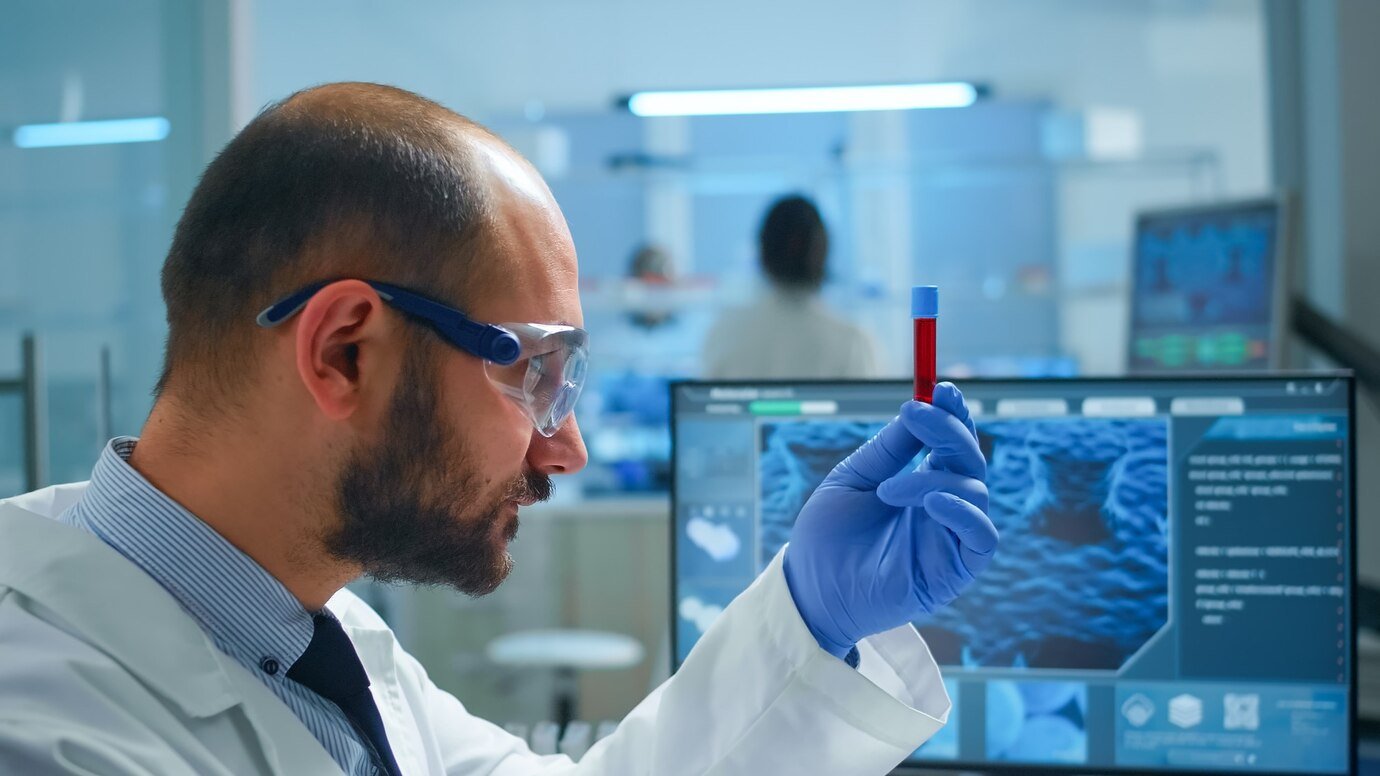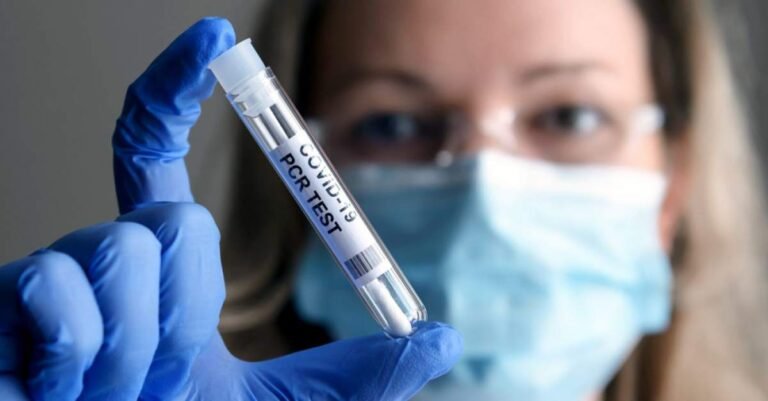Genetic Abnormalities: Understanding Their Significance in Modern Medicine
In recent years, advancements in genetic research have revolutionized our understanding of human health and disease. Genetic abnormalities—changes in the DNA sequence that can affect everything from development to the risk of disease—play a pivotal role in the field of modern medicine. The ability to identify and study these abnormalities has opened new avenues for diagnosis, treatment, and prevention, making personalized medicine a reality for many patients. This article explores the concept of genetic abnormality, its various types, their impact on human health, and their growing importance in medical practice today.
What are Genetic Abnormalities?
Defining Genetic Abnormality
A genetic abnormality refers to an alteration in the DNA sequence of an individual’s genome. These changes can affect single genes, large sections of chromosomes, or entire chromosomes. While some genetic abnormalities may have little to no impact on an individual, others can lead to serious health issues, such as congenital disorders, cancers, or metabolic diseases.
Genetic abnormalities can be inherited from parents or occur spontaneously during the formation of reproductive cells or early stages of embryonic development. In some cases, environmental factors such as exposure to toxins or radiation can also cause mutations.
Types of Genetic Abnormalities
Genetic abnormalities fall into several categories depending on the nature and extent of the mutation:
- Single-gene mutations: These affect a single gene and can lead to disorders such as cystic fibrosis, sickle cell anemia, and Huntington’s disease.
- Chromosomal abnormalities: These involve larger changes, such as missing, extra, or rearranged chromosomes. Examples include Down syndrome (an extra copy of chromosome 21) and Turner syndrome (a missing X chromosome in females).
- Complex genetic mutations: Some conditions, like heart disease, diabetes, and certain cancers, result from interactions between multiple genes and environmental factors.
Each of these types of Gene abnormalities/شذوذ الجينات can have significant health implications, but their early detection through genetic testing has enabled more effective prevention, management, and treatment options.
How Genetic Abnormalities Occur
Inherited vs. Acquired Mutations
Genetic abnormalities can be categorized into two main groups based on how they arise:
- Inherited mutations: These are passed from parents to their offspring through their germ cells (sperm and egg). Inherited mutations are present throughout a person’s life and are found in every cell of their body. Conditions such as cystic fibrosis and muscular dystrophy are examples of disorders caused by inherited genetic abnormalities.
- Acquired mutations: Also known as somatic mutations, these occur during a person’s lifetime and can be triggered by environmental factors like ultraviolet radiation, chemicals, or lifestyle habits such as smoking. Acquired mutations often affect specific cells or tissues and are not passed on to offspring. Cancer is one of the most common outcomes of acquired genetic mutations, as changes in the DNA of certain cells can lead to uncontrolled cell growth.
The Role of Environmental Factors
Although many genetic abnormalities are inherited, environmental factors can play a significant role in the development of new mutations. Exposure to harmful chemicals, radiation, and lifestyle choices can increase the risk of genetic mutations. For example, exposure to ultraviolet (UV) radiation from the sun can cause mutations in skin cells, leading to skin cancer. Similarly, tobacco smoke contains carcinogens that can induce mutations in lung cells, which may result in lung cancer.
The interaction between genetic predispositions and environmental triggers is an important focus of modern medical research, as understanding these dynamics can improve prevention strategies for various diseases.
The Impact of Genetic Abnormalities on Human Health
Genetic Disorders and Diseases
Many genetic abnormalities lead to disorders that affect human health. These disorders can range from relatively mild to life-threatening, depending on the nature of the abnormality and the genes involved. Some of the most well-known genetic disorders include:
- Down Syndrome: A chromosomal disorder caused by an extra copy of chromosome 21, leading to developmental delays, intellectual disability, and physical abnormalities.
- Cystic Fibrosis: A single-gene disorder that affects the respiratory and digestive systems, causing the production of thick, sticky mucus that can lead to severe respiratory infections.
- Sickle Cell Anemia: A condition in which a mutation in the gene responsible for hemoglobin production results in abnormally shaped red blood cells that can block blood flow and cause pain, organ damage, and anemia.
- Huntington’s Disease: A neurodegenerative disorder caused by a single-gene mutation that leads to the progressive breakdown of nerve cells in the brain, resulting in cognitive and physical decline.
The early diagnosis of such genetic disorders through testing and screening has become an essential component of modern medicine, allowing healthcare providers to offer timely interventions and improve patients’ quality of life.
The Role of Genetic Abnormalities in Cancer
Genetic mutations play a critical role in the development of cancer. Cancer is often caused by acquired mutations in specific genes that regulate cell growth and division. These mutations can result in uncontrolled cell growth, leading to the formation of tumors. Key genes involved in cancer include:
- Oncogenes: Mutations in oncogenes can cause cells to grow uncontrollably, contributing to tumor formation.
- Tumor suppressor genes: These genes normally help prevent cancer by repairing DNA damage or causing cells with damaged DNA to die. Mutations in tumor suppressor genes can prevent these protective functions, increasing the risk of cancer.
Understanding the genetic abnormalities that lead to cancer has led to significant advancements in cancer treatment, including targeted therapies and immunotherapies that focus on the specific mutations driving the disease.
The Role of Genetic Testing in Detecting Abnormalities
Advances in Genetic Testing
With advancements in genetic research and technology, genetic testing has become a powerful tool for diagnosing genetic abnormalities and predicting the risk of certain diseases. Genetic tests can detect mutations in a person’s DNA, helping healthcare providers identify the root cause of a condition or assess an individual’s susceptibility to developing a disease.
Some common types of genetic testing include:
- Carrier Testing: Identifies whether a person carries a gene for a genetic disorder that could be passed on to their offspring. This is often used by couples planning a family to assess the risk of passing on inherited conditions.
- Prenatal Testing: Conducted during pregnancy to identify potential genetic abnormalities in the fetus. Tests such as amniocentesis and chorionic villus sampling (CVS) are commonly used for this purpose.
- Newborn Screening: Performed shortly after birth, newborn screening tests for certain genetic disorders that can be treated early to prevent serious health problems.
- Predictive Testing: Helps determine an individual’s risk of developing certain diseases, such as cancer or heart disease, later in life based on their genetic profile.
Genetic testing has become an invaluable tool in preventive medicine, allowing individuals and families to make informed healthcare decisions and take proactive measures to manage their health.
Personalized Medicine and Genetic Abnormalities
One of the most exciting developments in modern medicine is the rise of personalized medicine, which tailors medical treatment to the individual characteristics of each patient, including their genetic makeup. By understanding a person’s genetic profile, healthcare providers can recommend treatments that are more likely to be effective based on how a person’s body is likely to respond to certain therapies.
For example, in oncology, genetic testing can identify specific mutations in cancer cells, allowing doctors to prescribe targeted therapies that directly address the genetic drivers of the disease. This personalized approach leads to more effective treatments with fewer side effects, improving patient outcomes.
The Future of Genetic Research and Medicine
As genetic research continues to advance, the future of medicine will be increasingly shaped by our ability to understand and manipulate the human genome. Techniques such as CRISPR, a powerful gene-editing tool, hold the potential to correct genetic abnormalities at their source, offering new hope for individuals with genetic disorders.
Additionally, the integration of artificial intelligence and big data analytics in genetic research is expected to lead to even more precise diagnostics and treatments, allowing healthcare providers to develop more effective strategies for managing genetic abnormalities.
Conclusion
Genetic abnormalities are a significant factor in the diagnosis and treatment of many diseases in modern medicine. From inherited disorders to acquired mutations that lead to cancer, understanding the genetic basis of disease is essential for developing effective treatments and improving patient outcomes. With the rise of genetic testing and personalized medicine, individuals now have more tools than ever to understand their genetic risks and make proactive healthcare decisions.
As genetic research continues to evolve, the future holds exciting possibilities for treating and preventing genetic abnormalities, ultimately transforming the way we approach healthcare in the 21st century.






